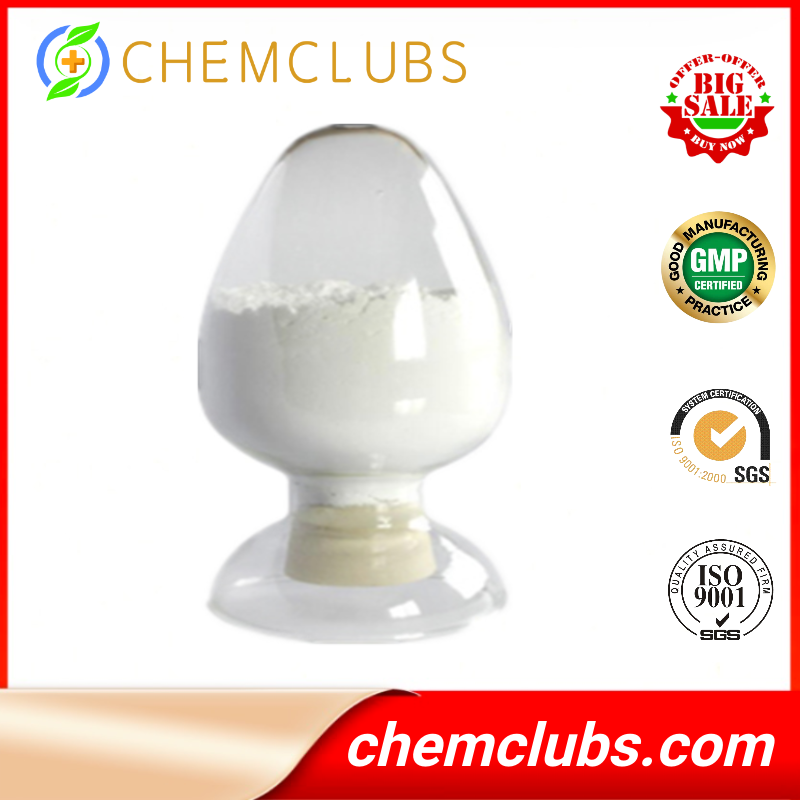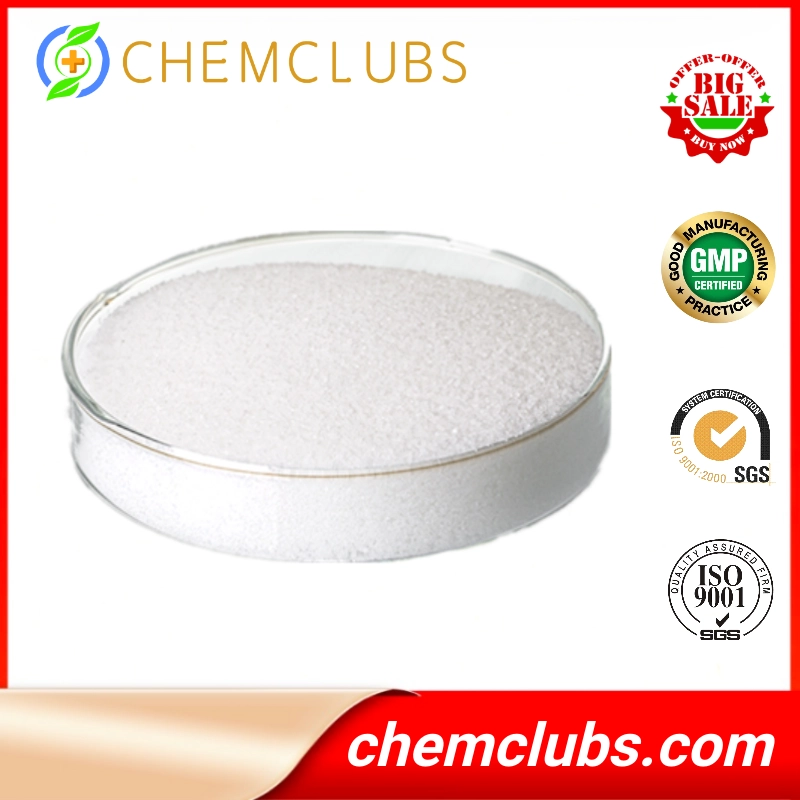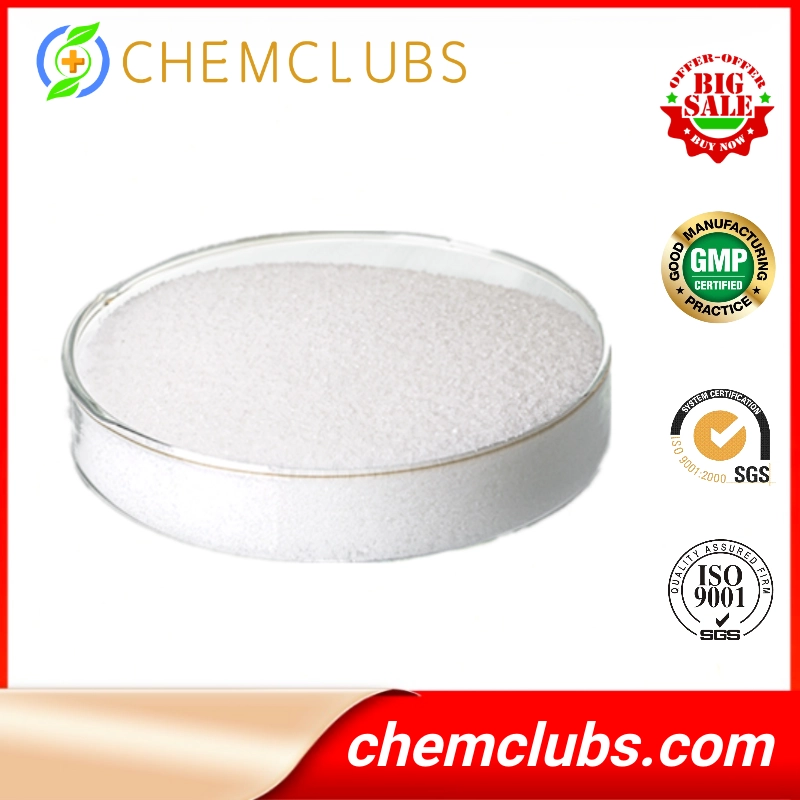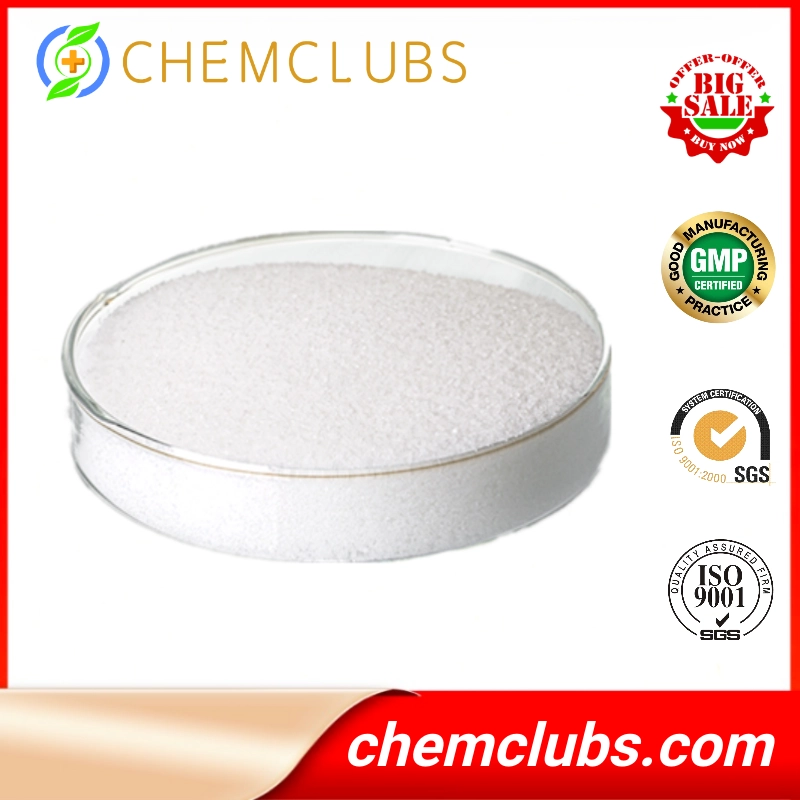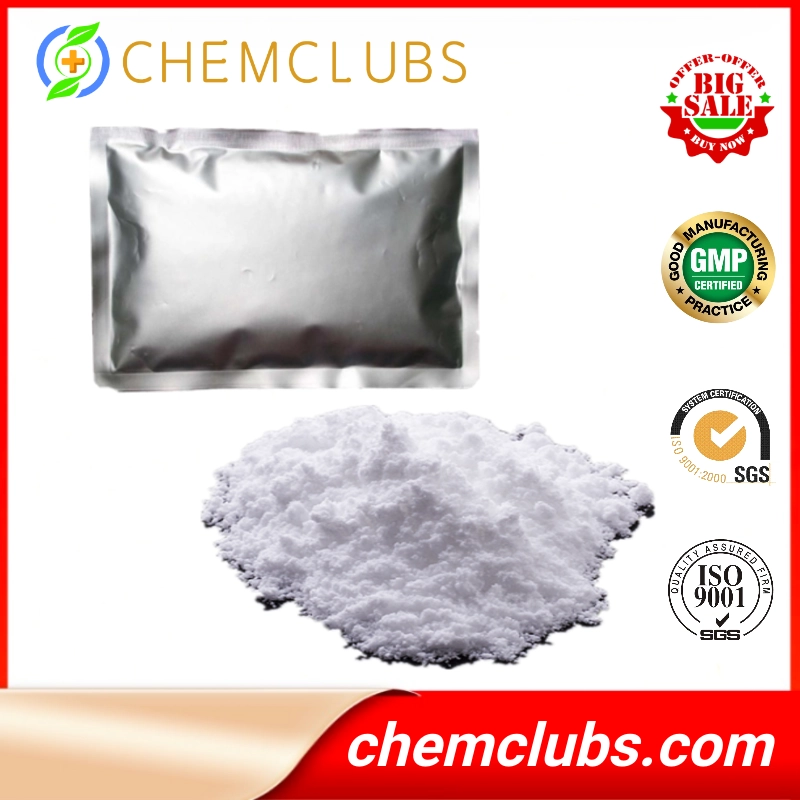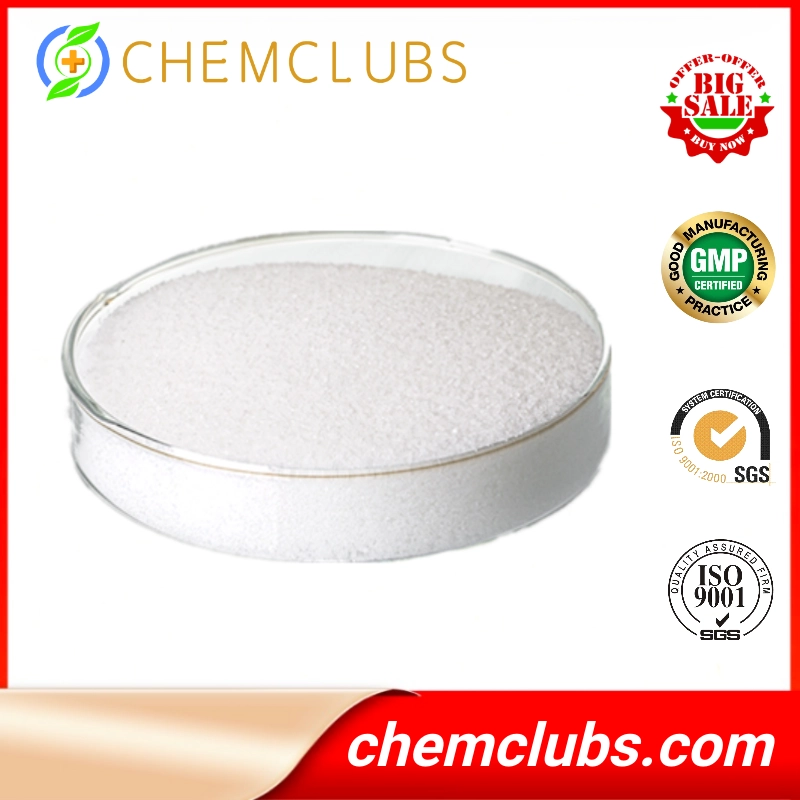
Lidocaine Hydrochloride
Product Description:
Pharmaceutical Intermediates Lidocaine HCl , Lidocaine Hydrochloride 73-78-9 Relieve Pain
Quick Details:
Product name: Lidocaine HCl
Alias: Lidocaine hydrochloride
CAS number: 73-78-9
EINECS: 200-803-8
Appearance: White crystalline powder
Molecular formula: C14H23ClN2O
Molecular weight: 270.8
Melting point: 80-82°C
Manufacturer: Quanao
Usage: To enhance the growing of man genitals.
Product Description:
How does it work?
This medicine contains the active ingredient lidocaine hydrochloride (previously known as lignocaine hydrochloride in the UK).
Lidocaine is a type of medicine called a local anaesthetic. It is used to numb areas that would otherwise feel pain.
Pain is caused by the stimulation of pain receptors at the ends of nerves. The stimulation causes sodium to enter the nerve ending, which causes an electrical signal to build up in the nerve. When this electrical signal is big enough, it passes along the nerve to the brain, where the signal is interpreted as pain.
Lidocaine works by temporarily blocking this pathway of pain signals along nerves. It does this by stopping the sodium entering the nerve ending at the site of the pain. This prevents an electrical signal building up and passing along the nerve fibres to the brain.
Lidocaine injection is also used in the emergency treatment of heart rhythm disturbances, particularly in cases of suspected or proven heart attack. It is given by intravenous infusion or intravenous bolus injection.
The pumping action of the heart is controlled by electrical impulses that are under the control of the nervous system. If the pumping action of the heart is seriously disturbed, this affects the ability of the heart to pump blood effectively around the body.
Lidocaine hydrochloride acts by decreasing the sensitivity of heart muscle to electrical impulses. This slows the conduction of electrical signals in the heart muscle, which in turn, helps to restore a regular heart rhythm. This enables the heart to pump blood effectively around the body.
What is it used for?
Numbing a localised area to prevent pain (local anaesthesia) by local infiltration, epidural and minor or major nerve blocks.
Controlling abnormal contractions of the two lower chambers of the heart (ventricular arrhythmias), particularly after a heart attack.
Pregnancy and breastfeeding
Certain medicines should not be used during pregnancy or breastfeeding. However, other medicines may be safely used in pregnancy or breastfeeding providing the benefits to the mother outweigh the risks to the unborn baby. Always inform your doctor if you are pregnant or planning a pregnancy, before using any medicine.
This medicine should be used with caution during pregnancy, and only if the expected benefit to the mother is greater than the possible risk to the baby, particularly in the first trimester. If used during the third trimester or labour the doctor or midwife will need to monitor the baby's heartbeat. Seek medical advice from your doctor.
This medicine may pass into breast milk, but only in small amounts that are extremely unlikely to be harmful to a nursing infant. Ask your doctor for further medical advice.
Other medicines containing the same active ingredient
Lidocaine hydrochloride injections are only available generically, ie without a brand name.
Other local anaesthetic medicines that contain lidocaine as the active ingredient include:
Emla cream (this also contains another local anaesthetic called prilocaine).
Instillagel.
Laryngojet.
Lidocaine ointment.
LMX 4 cream.
Pliaglis cream (this also contains another local anaesthetic called tetracaine).
Versatis medicated plasters.
Xylocaine spray.
Xylocaine with adrenaline injection.
Related Product
Best Madcican Product


